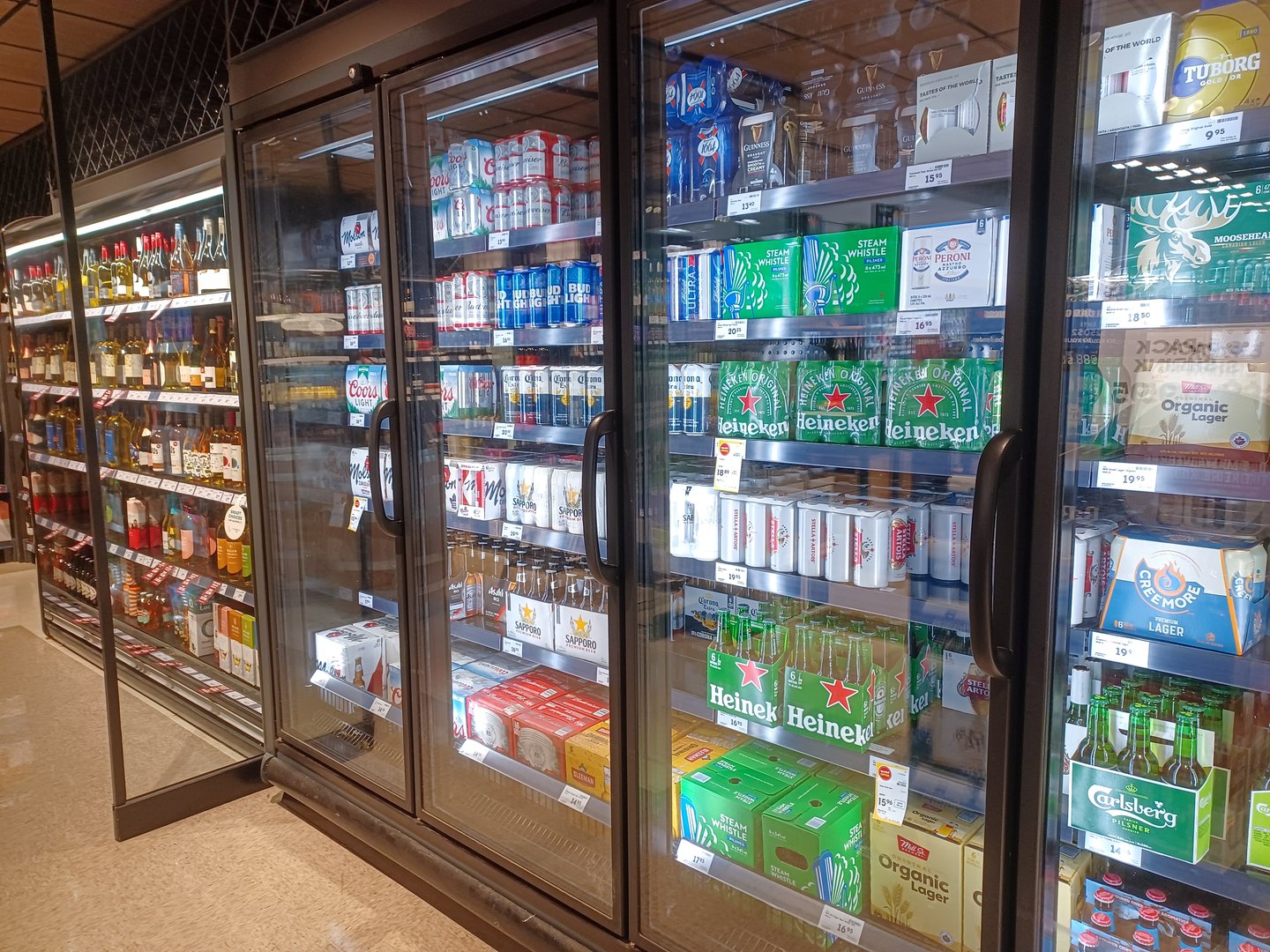‘The Premier misled us:’ Ontario grocers may drop booze plans over fraught alcohol expansion
Three years after Ontario Premier Doug Ford promised a level playing field for beer and wine retail in the province, independent grocers say they’ve been left further behind—despite repeated assurances that reforms would create “no winners and losers.”
They argue the government has maintained a system that disproportionately benefits licensed convenience stores and the hospitality sector, including bars and restaurants, as well as LCBO Convenience Outlets.
Most recently, the LCBO raised the wholesale discount rate on beverage alcohol to 15% for those channels from 10%, effective May 26 to December 31.
Grocery stores, however, were excluded from the boosted savings.
“The Premier has misled us,” Gary Sands, senior vice-president of the Canadian Federation of Independent Grocers (CFIG), tells Canadian Grocer.
A letter emailed last month to Ford, jointly signed by Sands and Retail Council of Canada president Diane Brisebois, laid out the mounting concerns from their respective members.
READ: Ontario’s small grocers push back on recycling requirements to sell alcohol
“We have continued to highlight how members need fair economics, including the ability to run sales on products (termed ‘limited time offers’ for alcohol), access to a greater variety of alcohol products (e.g., some of the premium wine the LCBO reserves for itself), better cost structures on alcohol to encourage market competition, and the ability to sell private label alcohol,” the letter reads. “Furthermore, many members have shared that the mandatory return-to-retail requirement will add significant costs to the category, disadvantaging the sector against others like convenience stores or the LCBO.”
That recycling requirement—currently in effect only for a small group of grocers—may soon become a flashpoint for the future of the entire alcohol return system in Ontario.
Since last fall, about 70 grocery stores located more than five kilometres from a Beer Store have been required to accept empty alcohol containers. But according to the Ministry of Finance, only 13 are complying—and just four of those have return arrangements with The Beer Store, which operates the deposit return system. The rest are managing the program independently.
Yet under Ford’s plan to expand alcohol access, the return requirement will soon apply to far more retailers. Starting Jan. 1, 2026, every licensed grocery store selling alcohol—more than 1,000 across the province—will be required to take back, clean and store empty containers. That’s also the date The Beer Store, under its current agreement with the province, will be permitted to close an unlimited number of locations, leaving a massive gap in the infrastructure for bottle collection.
“Unless urgent changes are made to build fairer economics and to move away from a mandatory return-to-retail recycling system,” the letter concludes, “our grocery members have advised that their stores will start the process of reviewing their future participation and potentially exiting the category altogether.”
Sands says the government hasn’t so far responded to the letter.
He’s also attempted to raise the issue through other channels. A written question submitted during a post-budget briefing about the discount discrepancy has yet to receive a response—well beyond the promised 24-hour window, he says.
Meanwhile, the CFIG has filed a formal complaint with the federal Competition Bureau, alleging the government’s alcohol pricing policy violates Section 50 of the Competition Act by creating discriminatory pricing across retail channels.
While the government has been mum, he says their actions speak volumes. “When you exclude grocery from the discount but require them to handle returns, it sends a pretty clear signal: you’re not wanted in this system,” says Sands.
He was also shocked to learn an Ontario MPP recently told David La Mantia—owner of La Mantia’s Country Market Fresh—that the Ministry of Finance has been in “engagement” with CFIG and RCC about the recycling requirement.
READ: 'We feel hoodwinked': Ontario grocers wary of new recycling rules with alcohol sales
“That’s simply not true,” counters Sands. “There has been no engagement by the Ministry of Finance with CFIG or RCC.”
Despite five years of reasonably successful sales, The Village Grocer in Markham-Unionville is ready to pull beverage alcohol from the store if the recycling requirement isn’t addressed. He says Jan. 1 is approaching very quickly, in terms of merchandise planning for the holidays.
“That’s like tomorrow for us,” says Brad Fletcher, president of The Village Grocer. “Despite our best efforts to communicate with the government, we’re not hearing there’ll be any changes. That’s unfortunate.”
While beverage alcohol isn’t a top-performing category for the store, it’s seen as a key complement to the hundreds of freshly prepared foods and dishes made on-site. “There’s a synergy between good food and good wine. It’s also convenient for customers—one of those one-plus-one-equals-three scenarios.”
“It’s not something our customers will be upset about,” says Fletcher should The Village Grocer no longer have it for customers.
Ironically, he notes, it’s the non-alcoholic category that’s booming, anyway. “Sales of non-alcoholic beer and wine are growing significantly—the category is actually more profitable, too” Fletcher says. “And we can keep carrying those, since they’re exempt.”
“We were lucky to get a license. It made sense—for our customers and our business,” reflects Fletcher, who has 30 years experience in the global beverage alcohol industry, most notably with distilleries company Brown-Forman. “But now we’re being asked to carry the cost of a policy that wasn’t designed with us in mind.”



